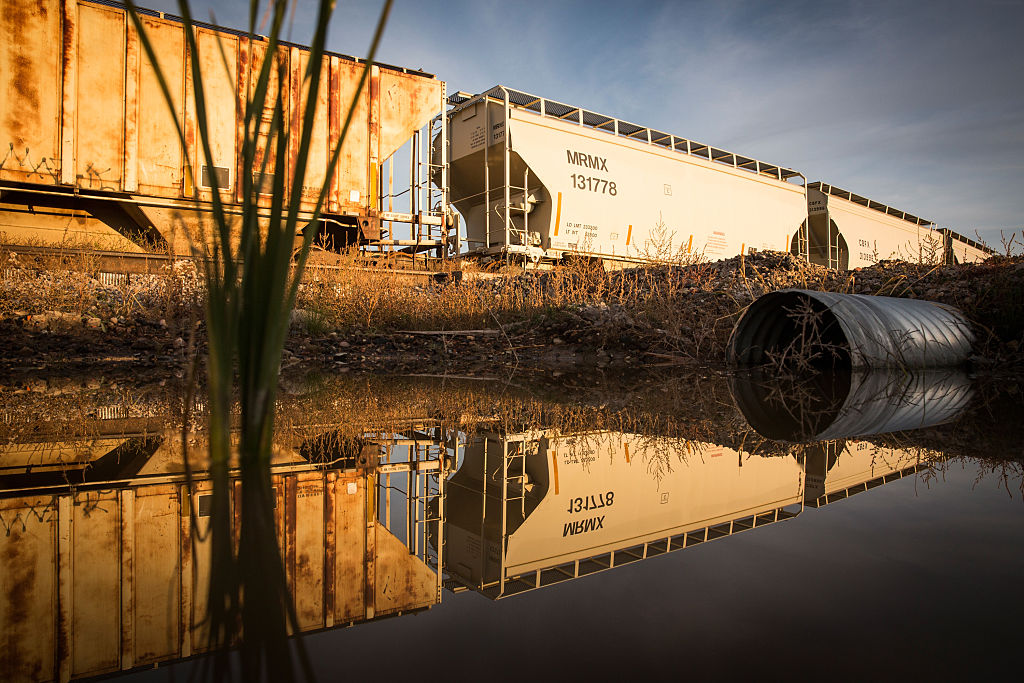Today (August 7) is the first day in a week of public hearings held by the Nebraska Public Service Commission as it decides if the state will grant TransCanada a permit for the Keystone XL pipeline. It comes one day after the Midwest Pipeline Fighter Summit, in which approximately 200 people marched in Lincoln, Nebraska, to fight against the proposed 1,179-mile long crude oil pipeline. The hearings, which will be held daily through August 11 at the Lincoln Marriott Cornhusker Hotel, are expected to be attended by private landowners, TransCanada officials, scientists, economists and Native tribes, including the Ponca Tribe of Nebraska and Yankton Sioux Tribe. The pipeline is set to carry 830,000 barrels of Canadian tar sands through Montana and South Dakota to Nebraska.
The hearings will be structured in a quasi-judicial style, according to Bold Nebraska, a state-based organization born out of the pipeline’s resistance movement. Attorneys for landowners, TransCanada, Native tribes and environmental organizations will be allowed to present evidence and cross-examine witnesses and experts. Members of the public will be able to attend and observe—but not give oral testimony.
Retired judge Karen Flowers, who will be the hearing officer, ruled that testimony will not be allowed on pipeline leaks, the necessity for the pipeline or how landowners have been treated by TransCanada. Instead, the focus, per the judge’s ruling, will be on the impact on soil disturbance as a result of laying the 36-inch pipeline four feet into the ground. The hearings are also intended to give testimony on the pipeline’s impact on property values.
If granted, the TransCanada permit under consideration will allow construction on 275-miles of the pipeline. It is the same route that was approved in 2013 by the Nebraska Department of Environmental Quality. It must now get the approval of the five Nebraska Public Service Commission officials, who were elected by state voters. The commission typically rules on topics related to telephone and cellphone service, and this is the first time it has decided on a pipeline issue, according to the Omaha World-Herald.
Last month, opponents of the pipeline proposed placing solar panels along the intended route and began efforts to raise the necessary money for installation. As Colorlines previously reported, the energy generated would be routed to “the farms and ranches whose land the pipeline is threatening.”
